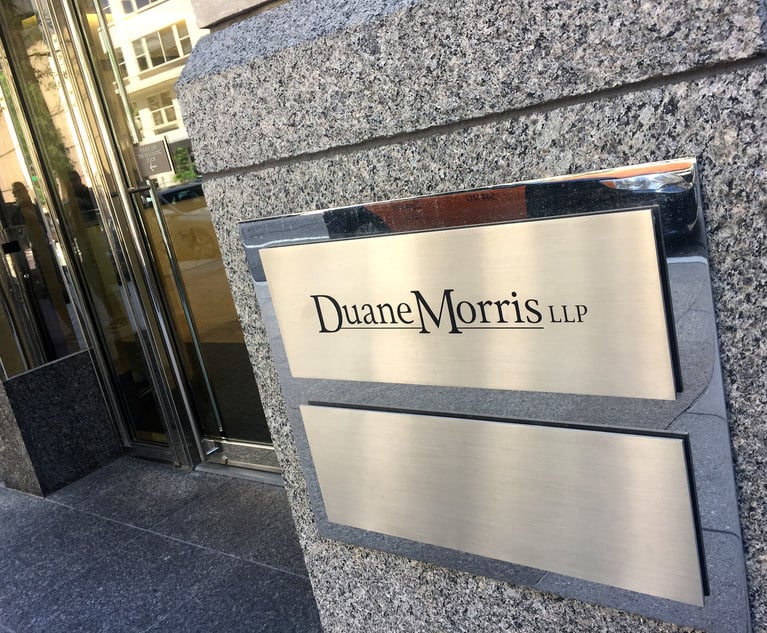Welcome back to Ahead of the Curve. I’m Karen Sloan, legal education editor at Law.com, and I’ll be your host for this weekly look at innovation and notable developments in legal education.
This week, I’m taking a big-picture look at online law school, and how professors and law students feel about this big experiment. Will going online forever change legal education? Plus, the University of Maine School of Law has an unusual pick for its next dean: a judge straight of the bench of the state’s supreme court. I’ll also get you caught up on all of the past week’s legal ed coronavirus developments, which include Utah moving to an emergency diploma privilege for upcoming law grads. Read on and stay home!









